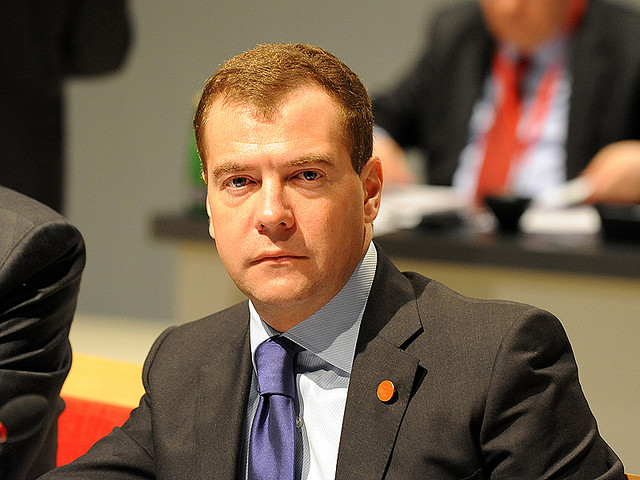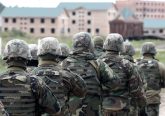
Russia’s out-going president, Dmitry Medvedev, has submitted a bill to the State Duma proposing that parties should be banned from fielding ‘fake’ candidates at the top of regional lists for Duma elections. These candidates, usually well-known or popular figures, are referred to in Russian as parovozy(locomotives), and have no intention of taking up seats in the Duma. They appear on the ballot paper solely to attract voters. Following the election, they cede their seats to lesser-known candidates further down the list.
Medvedev’s proposals are part of a wider programme of electoral reform, including the re-introduction of gubernatorial elections, which were abolished in 2005. Directly appointed governors had become a liability to the Kremlin in recent years: as an unintended consequence of its refusal to devolve authority, the Kremlin was blamed for all manner of regional problems. Furthermore, many governors disappointed in their role as ‘locomotives’ during the December 2011 election, failing to meet their United Russia vote quotas while being indiscreet in their attempts at electoral manipulation.

United Russia’s insistence on fielding ‘locomotive’ candidates was a testament to farcical nature of Russia’s ‘virtual politics‘. Unsurprisingly, the practice has long attracted criticism from the OSCE. Medvedev’s proposals for reform are welcome, but they will not necessarily improve the quality of Russia’s democracy. Until the Kremlin ceases using its ‘administrative resource’ to control which candidates can stand for election, it will be impossible for genuine opposition to gain a foothold.
Alison Smith is a DPhil Student at St. Anthony’s College, Oxford. This article also appears on her blog, Political Developments. You can follow her on Twitter @AliFionaSmith.








No Comment